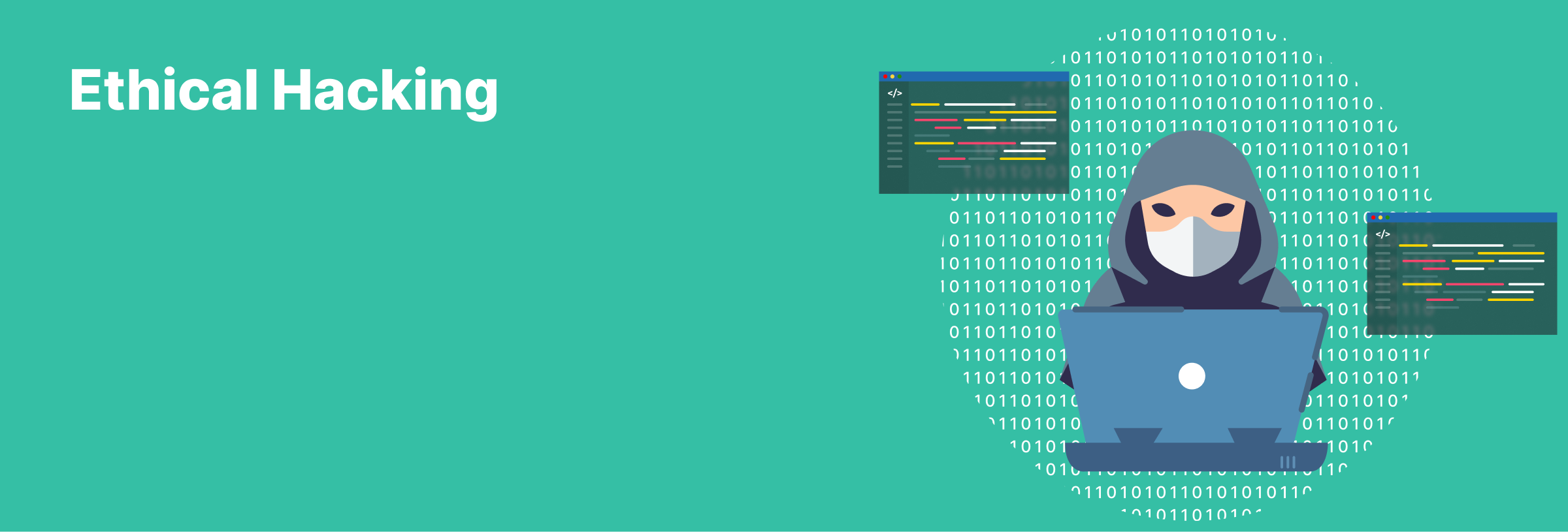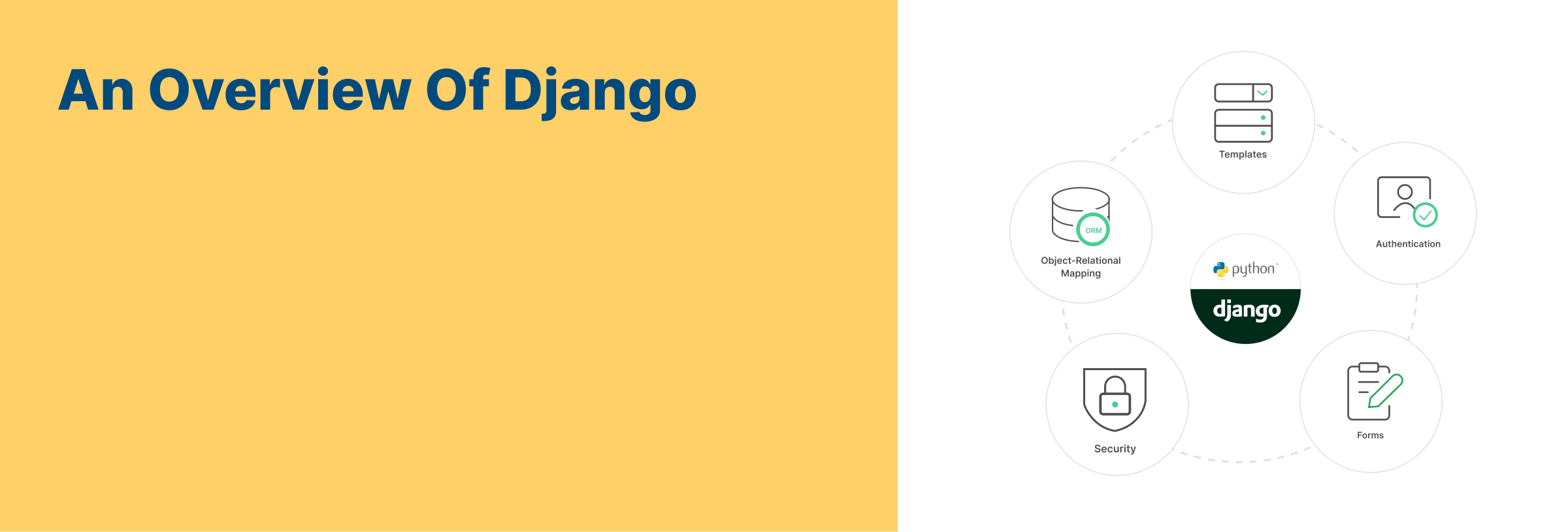What is Ethical Hacking
Ethical hacking is the use of hacking techniques by friendly parties in an attempt to uncover, understand and fix security vulnerabilities in a network or computer system.
Ethical hackers’ code of ethics
Ethical hackers follow a strict code of ethics to make sure their actions help rather than harm companies. Many organizations that train or certify ethical hackers, such as the International Council of E-Commerce Consultants (EC Council), publish their own formal written code of ethics. While stated ethics can vary among hackers or organizations, the general guidelines are:
- Ethical hackers get permission from the companies they hack: Ethical hackers are employed by or partnered with the organizations they hack. They work with companies to define a scope for their activities including hacking timelines, methods used and systems and assets tested.
- Ethical hackers don’t cause any harm: Ethical hackers don’t do any actual damage to the systems they hack, nor do they steal any sensitive data they find. When white hats hack a network, they’re only doing it to demonstrate what real cybercriminals might do.
- Ethical hackers keep their findings confidential: Ethical hackers share the information they gather on vulnerabilities and security systems with the company—and only the company. They also assist the company in using these findings to improve network defenses.
- Ethical hackers work within the confines of the law: Ethical hackers use only legal methods to assess information security. They don’t associate with black hats or participate in malicious hacks.
Ethical hackers versus other types of hackers
Relative to this code of ethics, there two other types of hackers.
Outright malicious hackers
Sometimes called ‘black hat hackers,’ malicious hackers commit cybercrimes with for personal gain, cyberterrorism or some other cause. They hack computer systems to steal sensitive information, steal funds, or disrupt operations.
Unethical ethical hackers
Sometimes called ‘gray hat hackers’ (or misspelled as ‘grey hat hackers’) these hackers use unethical methods or even work outside the law toward ethical ends. Examples include attacking a network or information system without permission to test an exploit, or publicly exploiting a software vulnerability that vendors will work on a fix. While these hackers have good intentions, their actions can also tip off malicious attackers to new attack vectors.








